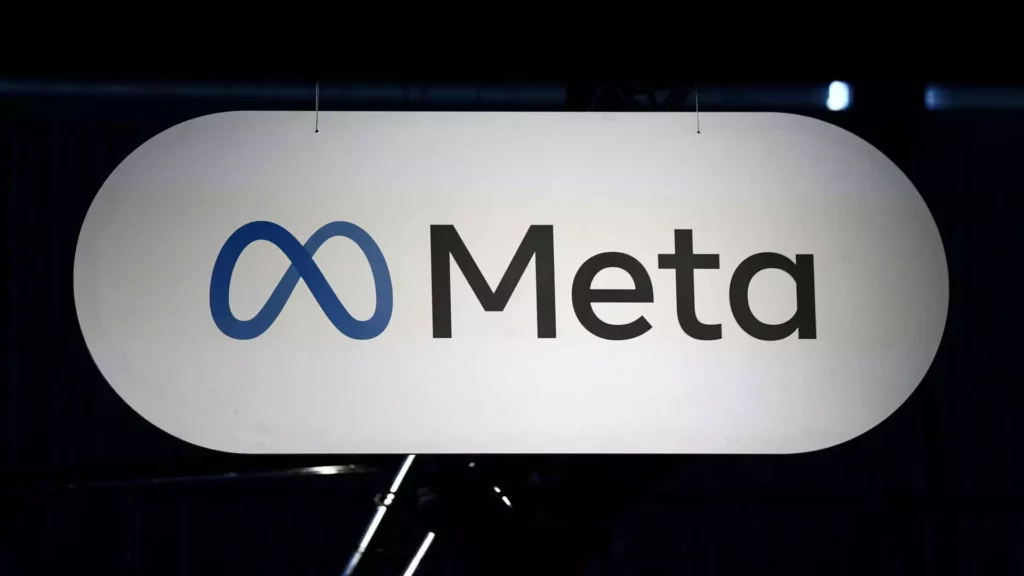In a move that appears to temper the relentless AI expansion, Meta Platforms recently announced a pause on new hires within its ambitious artificial intelligence unit. Publicly, the company attributes this temporary hiatus to “organizational planning” and restructuring efforts aimed at consolidating its AI initiatives. However, beneath this ostensibly pragmatic narrative lies a more complex reality: Meta may be recalibrating after an excessive, perhaps reckless, gamble on AI dominance. The company’s aggressive pursuit of top-tier AI talent—marked by sky-high signing bonuses and multibillion-dollar acquisitions—has created an illusion of unstoppable momentum. The hiring freeze, therefore, should not be mistaken for a strategic retreat but rather a moment of painful reflection on whether the company has overextended itself in pursuit of a technological horizon that might be more speculative than sustainable.
This pause signals a recognition—however delayed—that pouring limitless resources into AI might be a double-edged sword. While Zuckerberg’s vision of surpassing human intelligence is grand, it is also fundamentally risky, risking both technological hubris and financial overreach. The decision to focus on internal restructuring suggests Meta is trying to avoid the fate of over-promising and under-delivering. Yet, the question remains: is this just internal housekeeping or a harbinger of stagnation driven by warning signs ignored during the fervor of a U.S.-style AI gold rush?
Reconsidering the Cost of Meta’s AI Obsession
Meta’s strategy of splurging billions on AI talent and acquisitions has been nothing short of spectacularly ambitious. The $14.3 billion acquisition of Scale AI’s founder, Alexandr Wang, exemplifies an appetite for dominance that borders on the reckless. Mark Zuckerberg’s vision—building a superintelligent AI capable of cognitively outperforming humans—is as audacious as it is fraught with peril. It suggests a near-messianic faith in technology to redefine human potential, but history warns us that such hubris often leads to costly follies.
Moreover, this aggressive hiring spree has created a bubble-like environment where the valuation of AI talent and startups is detached from practical realities. There is a tension between the danger of overpaying for futuristic AI capabilities and the reality that true superintelligence remains a distant, perhaps unattainable, goal. The perception that Meta is now hitting pause could be interpreted as a necessary, albeit painful, step in correcting these excesses. It underscores the importance of prudence over passion-driven overreach, especially when the broader market exhibits signs of skepticism about AI valuations and the sustainability of such investments.
Is AI a Bubble or the Next Industrial Revolution?
A recurring narrative in the tech sector is whether AI investments constitute an unsustainable bubble or represent the dawn of a new industrial epoch. Critics like OpenAI CEO Sam Altman have likened the current AI boom to a classic bubble, citing overinflated valuations and overheated speculation. However, this viewpoint simplifies a complex evolution that shares parallels with previous revolutionary shifts—like electricity or the Internet—whose initial hype was later tempered by fundamental breakthroughs.
From a centrist, center-right perspective, the real issue is the reckless optimism that has fueled AI overinvestment without adequate safeguards or clear pathways to practical, scalable breakthroughs. The danger lies not in AI itself but in how companies like Meta are rushing blindly into it, risking both investor confidence and technological credibility. If Meta’s current pause signals anything, it is an acknowledgment that the company might have overpromised in its quest for AI supremacy, possibly prioritizing bragging rights over genuine, sustainable progress.
The Political and Economic Implications of the AI Arms Race
The broader market environment also plays a crucial role. As stock valuations of tech giants like Meta fluctuate amid concerns about AI’s overhyped capabilities, the political landscape becomes increasingly intertwined with technological ambitions. Governments may start questioning whether these enormous investments are justified or merely speculative ventures fueled by a desire for global dominance through technological superiority.
For center-right liberals committed to technological innovation balanced with fiscal responsibility, the current meta-movement is instructive. It highlights the need for a more cautious, economically grounded approach to AI investment—one that encourages innovation without reckless spending. While the pursuit of technological leadership is legitimate, it must not become an excuse for unchecked spending that threatens to destabilize markets or erode public trust.
Meta’s AI hiring freeze is less a measure of strategic retreat and more a reflection of the reckoning that follows unchecked overreach. It underscores the necessity of blending ambitious innovation with prudent financial stewardship—an essential lesson if we are to navigate AI’s promise without succumbing to its perils.









Leave a Reply